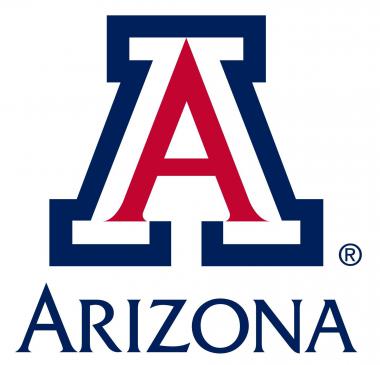About Commercial Society
A Primer on Ethics and Economics
Every species has its tools for survival. To say "no man is an island" is to say that without trade, we would live and die like any other large mammal. We are social animals, which means that we need to cooperate. We also are political animals, which means we have to negotiate the terms of cooperation. That means, in part, that we need to make deals. Humanity's unique survival mechanism is not a matter of being especially fast or strong or being able to fly. Our survival mechanism is our ability to make deals, and above all, our unique ability to make deals with strangers.
Each of us arrives as a newborn baby to a world that does not (yet) need us. The greatest and most joyful challenge of adult life is to develop skills that make the people around us better off with us than without us. Integrity is a key part of that challenge. We are social animals, aiming not simply to trade but to make a place for ourselves in a community. You don't want to have to pretend that you feel proud of fooling your customers into believing you could be trusted. The ethical question is: how do people have to live in order to make the world a better place with them than without them? The economic question is: what kind of society makes people willing and able to use their talents in a way that is good for them and for the people around them? The entrepreneurial question is: what does it take to show up in the marketplace with something that can take your community to a different level?
In this book, Cathleen Johnson, Robert Lusch, and David Schmidtz discuss the connections between the ethical, economic, and entrepreneurial dimensions of a life well-lived.


